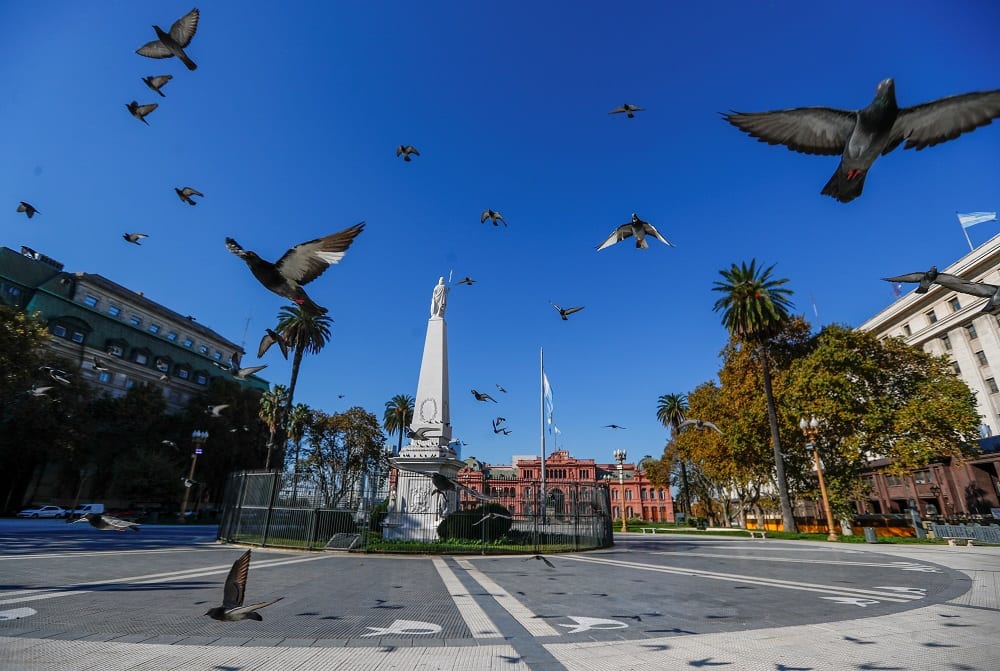RIO DE JANEIRO, BRAZIL – Due to the continuing increase in the number of new Covid-19 infections, the Argentine government has again extended the initial restrictions for the greater Buenos Aires area, after an initial relaxation.

An extensive curfew for Buenos Aires and the surrounding districts will remain in place until July 17th. Twelve provinces from the country’s interior have again tightened the measures in recent days.
On Tuesday, the government confirmed that 75 people had died within 24 hours, as a result of Covid-19 infection. This is the highest daily number since the start of the pandemic. In total, the authorities have recorded 1,602 deaths to date. The total number of detected infections rose to 80,447.
Argentine President Alberto Fernández had imposed a strict lockdown for the whole of Argentina on March 19th to contain the spread of the pandemic. There were concerns that the disease would spread uncontrollably in the metropolitan area around Buenos Aires, where almost 15 million people live, and that the medical infrastructure could collapse.
This plan worked to a large extent, and despite some local outbreaks in the poor areas in and around Buenos Aires, the number of infections and deaths remained comparatively low against neighboring countries such as Brazil or Chile. The measures imposed were initially maintained for a period of 100 days.
However, the opposition and some of the media were critical. Demonstrations were summoned. Although these initially met with relatively little approval, they grew slowly over time.
The arguments are similar to those of many Trump and Bolsonaro supporters: from speculation about the development of herd immunity to economic concerns and conspiracy theories, a wide variety of arguments are being raised. A well-known organizer of such protests, 75-year-old Angel José Spotorno, recently died of coronavirus infection.
A few weeks ago, the opposition-controlled municipal government of Buenos Aires allowed the practice of outdoor sports within certain times. In the densely populated capital, this led to the city’s few parks filling up with joggers. An intense public discussion erupted over this. The Minister of Health, Ginés Gonzalez García, explained that although he did not see any increased danger in the practice of sport, the symbolism was an issue, as it gave people the illusion that normality had returned.
The new decree that has now been adopted puts an end to this relaxation. The municipal government has not proposed a new exemption. As a result, the right-wing Apolo Foundation applied to the Court for an interim injunction to safeguard the right to practice sports. The chairmen of the Apolo Foundation are Yamil Santoro, former official of the Mauricio Macri government, and Darío Loperfido, former Minister of Culture of the city of Buenos Aires and interim director of the Colón Theatre.
Loperfido was forced to resign for relativizing and refuting testimonies about the state crimes committed during the last military dictatorship and was then sent to Berlin by the Macri government as a cultural attaché. Some observers described this as a convenient exile.
Despite the fact that there are some political and media voices highly critical of the extension of the lockdown measures, the majority of the population seems to continue supporting the government’s strategy. Despite the difficult economic situation, the ratings of President Fernández remain high and the majority of the population is following the guidelines with a discipline remarkable for Argentina.

